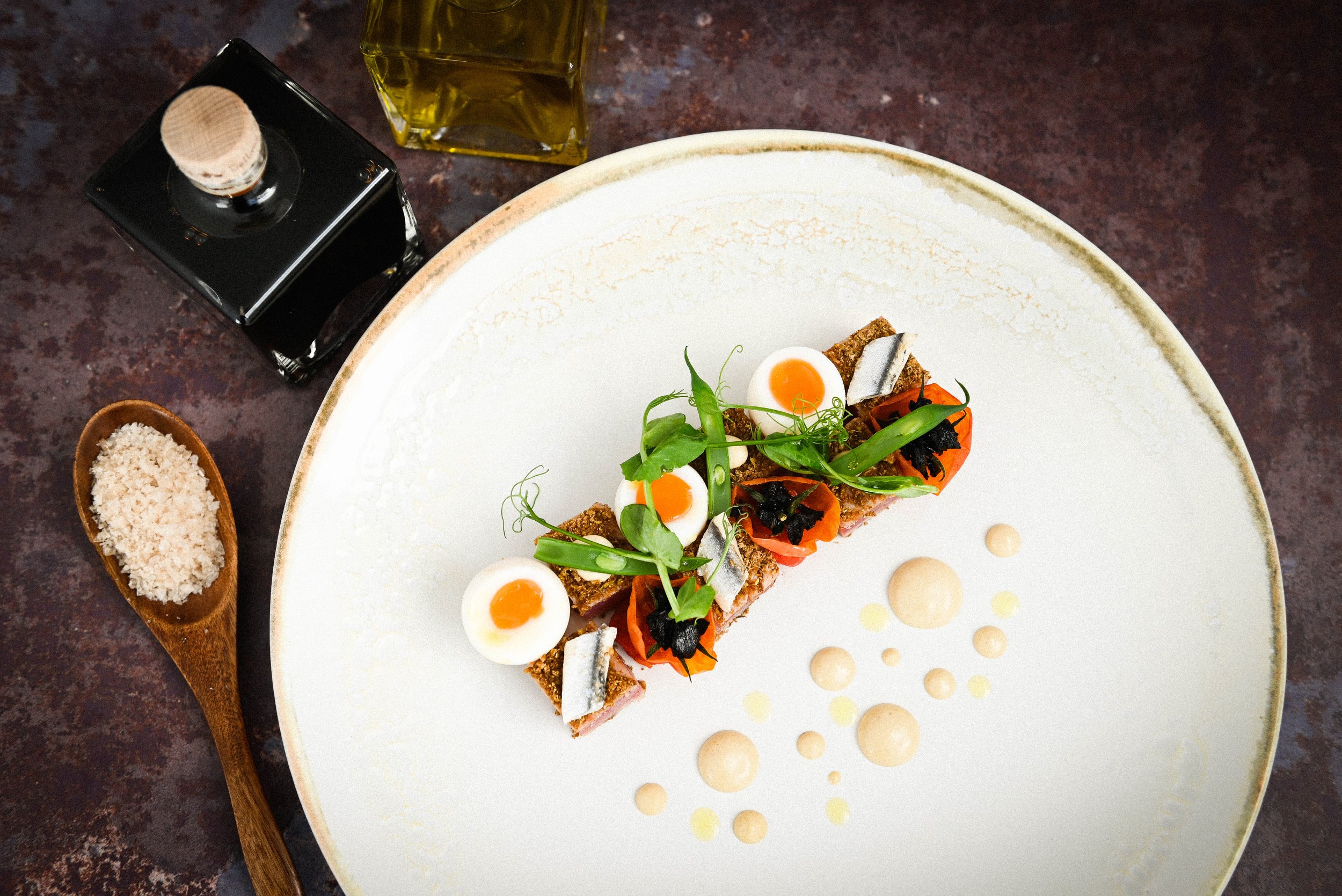Why Does Tomato Juice Taste Better on an Aeroplane?
Ever noticed that tomato juice tastes surprisingly better when you’re 30,000 feet in the air? It’s not just in your head—there’s real science behind it. The unique environment of an aircraft cabin alters how we perceive flavors, making tomato juice an unexpected star of the skies. Here's why this humble drink shines at high altitudes, and how understanding it can help elevate the inflight experience for passengers.
1. The Science of Umami
Tomato juice is loaded with umami—the savoury “fifth taste” derived from glutamate, an amino acid found in foods like tomatoes, aged cheese, and mushrooms. Unlike sweetness and saltiness, which are dulled in the air, umami remains robust and flavorful. This makes tomato juice an ideal drink for passengers, as its savoury profile stands up to the sensory dulling effects of high altitude.
2. How Altitude Affects Taste and Smell
At cruising altitude, low air pressure and reduced humidity can diminish our ability to taste by up to 30%. This is why many foods and drinks taste blander on an aeroplane. However, tomato juice has a natural balance of umami, acidity, and earthiness that isn’t as impacted by these changes. Its bold, complex flavours continue to shine, offering a satisfying option for passengers looking for a flavorful beverage.
3. The Tangy Power of Acidity
Tomatoes are naturally acidic, and this tanginess becomes a major advantage in the dry cabin air. The acidity helps refresh the palate, cutting through the dryness and providing a crisp, invigorating taste. This refreshing quality is one reason why tomato juice feels so satisfying and comforting during a flight.
4. The Psychology of Ordering Tomato Juice
There’s more to the story than just science—psychological and cultural factors also play a role. For many passengers, ordering tomato juice has become part of the flying ritual. Some studies suggest that the unique context of air travel alters flavour preferences, making passengers more likely to crave tomato juice. The association of the drink with flying can even evoke feelings of comfort and familiarity, which are especially valuable during stressful travel experiences.
5. A Drink Made for the Skies
With its bold umami flavour, natural acidity, and nutritional benefits, tomato juice is perfectly suited for high-altitude dining. Whether enjoyed on its own or as the base for a classic Bloody Mary, it delivers a sensory experience that feels tailor-made for the skies.
Taking Inflight Dining to New Heights
Serving and eating food on an aircraft is anything but ordinary. It’s a blend of science, creativity, and precision. For flight attendants and crew, mastering the art of inflight dining is key to delivering an unforgettable passenger experience.
Want to learn how to elevate your skills and stand out in the luxury private jet market? Check out our Culinary Training Course for Flight Attendants to gain insider tips and techniques that will set you apart.
Focused Culinary Training
Designed specifically for Flight Attendants and Cabin Crew by the Founder & CEO of the award winning On Air Dining.


